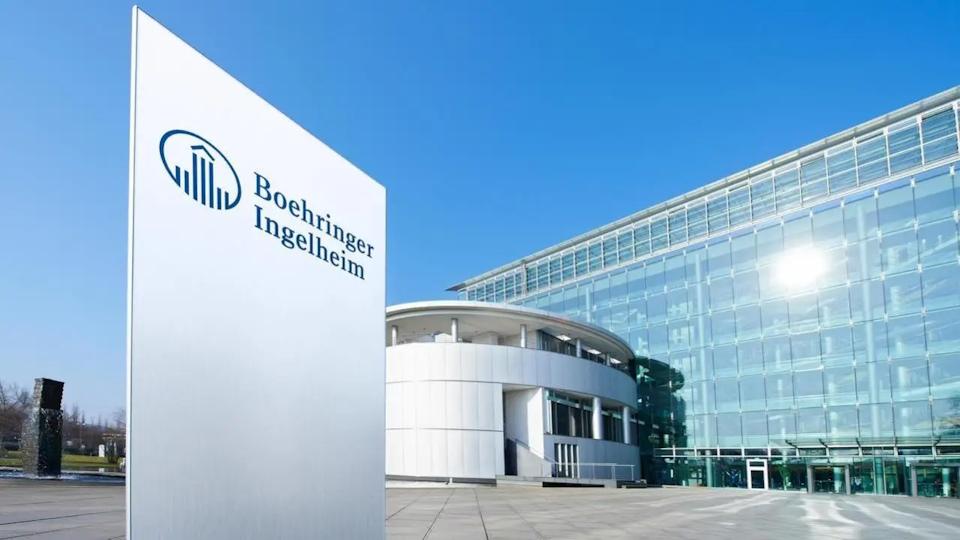FDA fast-tracks Lilly/Boehringer’s Jardiance in chronic kidney disease

The FDA has granted a speedy review of Eli Lilly and Boehringer Ingelheim’s Jardiance for a potential new use, to reduce the risk of renal failure and cardiovascular death in people with chronic kidney disease (CKD).
The new indication could unlock a sizeable new market for Jardiance (empagliflozin), which is already approved to control blood sugar in type 2 diabetes, as well as to reduce the risk of cardiovascular disease in diabetics with known heart disease.
It could also help it keep pace with rival drugs in the SGLT2 inhibitor class as competition gets more intense.
Last year, Jardiance achieved encouraging results in the EMPA-REG OUTCOME trial, which found that Jardiance reduced the risk of new-onset and worsening kidney disease by 39% in adults with diabetes and cardiovascular disease compared with placebo.
The FDA has awarded the fast-track designation for the CKD indication based on that result, as well as the promise of an ongoing trial – EMPA-KIDNEY – which is looking at kidney disease progression and cardiovascular death in patients with established CKD with and without diabetes.
CKD is a serious and highly prevalent condition that affects almost 700 million people worldwide, according to Boehringer’s head of cardiometabolic medicine Dr Waheed Jamal, and is a leading cause of death. Results from EMPA-KIDNEY are due in 2022.
Jardiance is the market leader in the SGLT2 inhibitor class, ahead of AstraZeneca’s Farxiga (dapagliflozin) and Johnson & Johnson’s Invokana (canagliflozin), Merck & Co’s Steglatro (ertugliflozin) and Sanofi’s Zynquista (sotagliflozin), but was pipped to the post for a CKD indication.
First-to-market Invokana has been in the doldrums since it was linked to lower limb amputation risks, with sales in decline, but it became the first SGLT2 drug to be approved for CKD in diabetics last October, based on the results of the CREDENCE trial.
Meanwhile, Farxiga has also been fast-tracked by the FDA for CKD, in patients with and without diabetes, on the strength of the DAPA-CKD study.
Sales of J&J’s Invokana franchise rose quickly after its 2013 launch to almost $1.4 billion in 2016 before the safety scare broke, but reversed to $881 million in 2018. There was a continued fall to $735 million last year however, suggesting the approval of the CKD label failed to offset the decline.
Meanwhile, Lilly’s booked sales of Jardiance grew 43% to $944 million last year, with privately-held Boehringer – which has not revealed its 2019 sales yet – reporting more than $2 billion from the drug in 2018. Farxiga is in second place in the market with $1.54 billion in sales last year.
Jardiance also has a fast-track designation from the FDA for Jardiance used to reduce the risk of cardiovascular death and hospitalisation for heart failure in people with chronic heart failure (CHF), and on this indication its closest rival seems to be Farxiga.
Farxiga became the first drug in the class to show efficacy in heart failure, in patients with or without type 2 diabetes, in the DAPA-HF trial. It was given a fast-track by the FDA in this indication last September.













